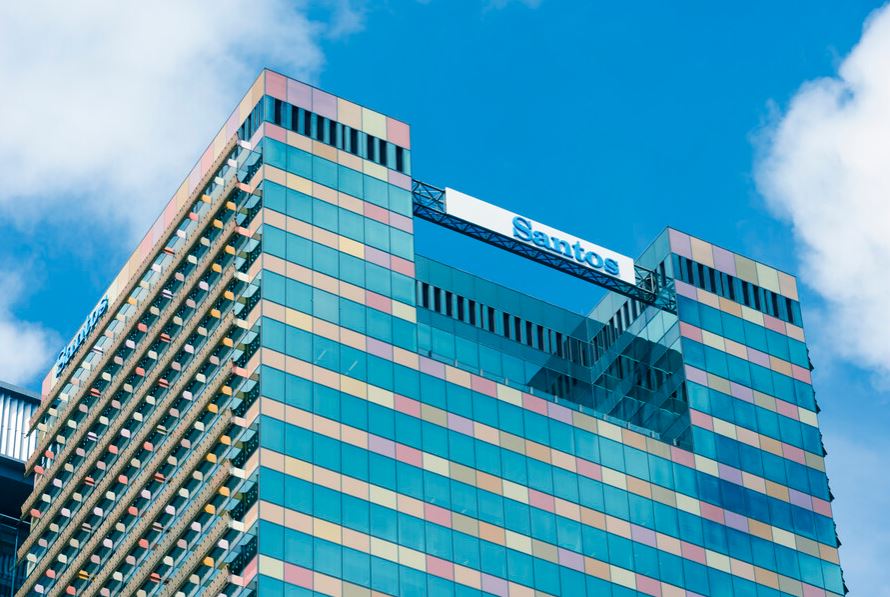Australian LNG player Santos said it has entered into the front-end engineering and design phase for the proposed Bayu-Undan carbon capture and storage (CCS) project.
Santos is the operator of the Bayu-Undan offshore gas production facility in Timor-Leste as well as the Darwin LNG plant.
Santos says the Bayu-Undan CCS project could potentially permanently store up to 10 million tonnes of carbon dioxide per annum, equivalent to about 1.5 percent of Australia’s carbon emissions each year.
Also, the project has the potential to be the largest CCS project in the world and one of the many that would be “critical to help the world meet its climate goals,” the firm said in a statement on Wednesday.
The Bayu-Undan FEED work will include engineering and design for additional CO2 processing capacity at Darwin LNG plus repurposing of the Bayu-Undan facilities for carbon sequestration operations after gas production ceases.
“Santos is working closely with the Timor-Leste regulator, ANPM, towards the necessary agreements and regulatory framework that will be required for the Bayu-Undan CCS project,” the firm said.
Moreover, the project would also need agreements between the governments of Timor-Leste and Australia, and some Australian regulatory arrangements, it said.
FID in 2023
Santos is targeting a final investment decision on Bayu-Undan CCS for 2023, subject to relevant regulatory frameworks and agreements.
CEO Kevin Gallagher said taking FEED builds on the growing momentum for the regional carbon reduction project.
Furthermore, he said entry into the FEED phase has “strong support” from its five joint venture partners headquartered in Japan, Korea and Italy
“And last month, a meeting of the Timor-Leste and Australian Prime Ministers included a commitment by Australia to establish an LNG Partnership Fund to deepen links between Australia and Timor-Leste in gas development and trade, including in the use of carbon capture and storage,” Gallagher said.
Santos has a 43.4 percent operated interest in Bayu-Undan and Darwin LNG. Other partners include SK E&S (25 percent), Inpex (11.4 percent), Eni (11 percent), Jera (6.1 percent) and Tokyo Gas (3.1 percent).

